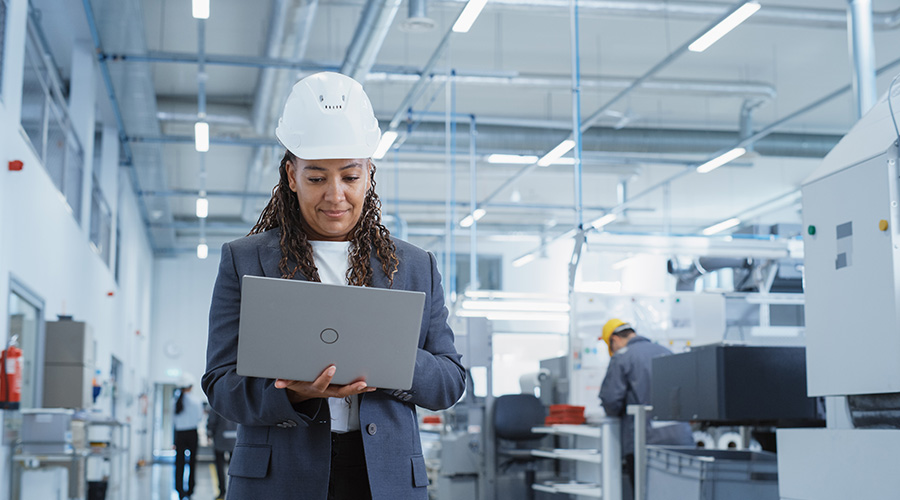Portable Cooling Units Important For Servers
October 12, 2012
Today's tip is to be aware of the role played by portable cooling units, particularly in IT. As servers and IT equipment spread throughout facilities, managers continue to face the challenge of specifying cooling equipment that can operate effectively in awkward, confined and often ill-prepared conditions.
The need for a comprehensive strategy to cool server rooms has become a higher priority for managers. But because few facilities were designed for such installations, organizations are putting servers and IT equipment in the unlikeliest of places.
"We're seeing this equipment in these remote locations that were never intended to hold that kind of stuff," says Craig Watkins with Tripp Lite. "It's under a stairwell or in a closet. Sometimes, you open a janitorial closet, and you find a small rack enclosure holding some IT equipment, and it's next to a mop bucket."
One of the first steps for managers looking to install or upgrade their portable cooling is to understand the impact of servers and IT equipment on the cooling load.
"The number one thing that I sometimes have trouble getting is information on their (installed) equipment — how many watts are being generated," says Buddy Phillips of Atlas Sales & Rentals. "What we're trying to do is offset the load that they have with air-conditioning equipment so it keeps the room cool."
"Not many people truly understand the heat load their room has unless an experienced engineer or industry veteran goes through all of the heat-generating equipment in the room and explains how many Btus of heat each is giving off," says Mike Paulson, president of AmeriCool.
Paulson recommends questions for managers to ask while shopping:
- Does the unit have auto restart in case of a power outage?
- What is the operating range? "If you have a server room, it is important the unit can cool down to 68 degrees," Paulson says. "If it is for a hot, humid warehouse, it is important it can work in temperatures over 100 degrees."
- What kind of application support is offered by the manufacturer or distributor? Does the seller offer rental units in case a warranty issue arises or the heat load increases, requiring more cooling?
Next
Read next on FacilitiesNet







